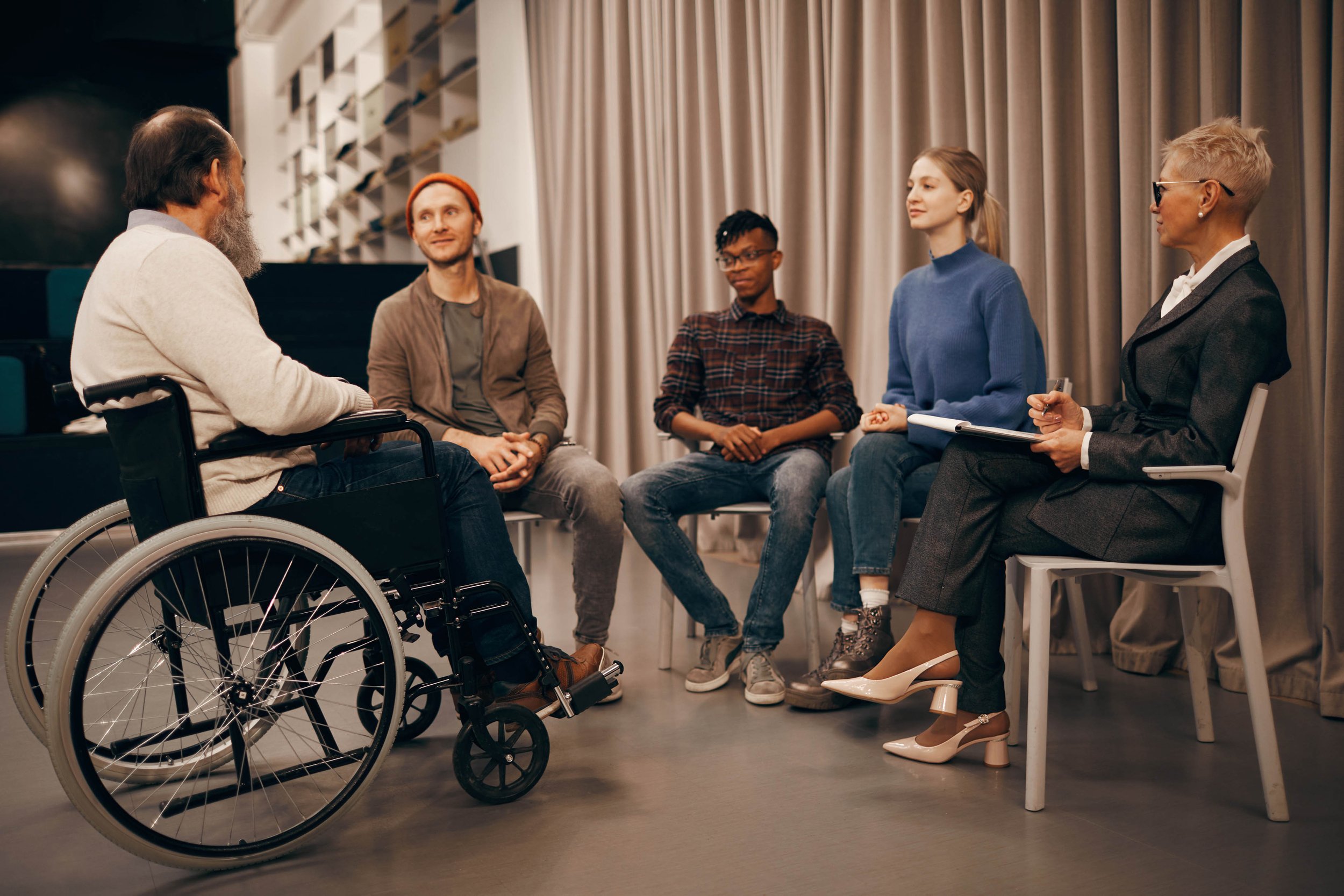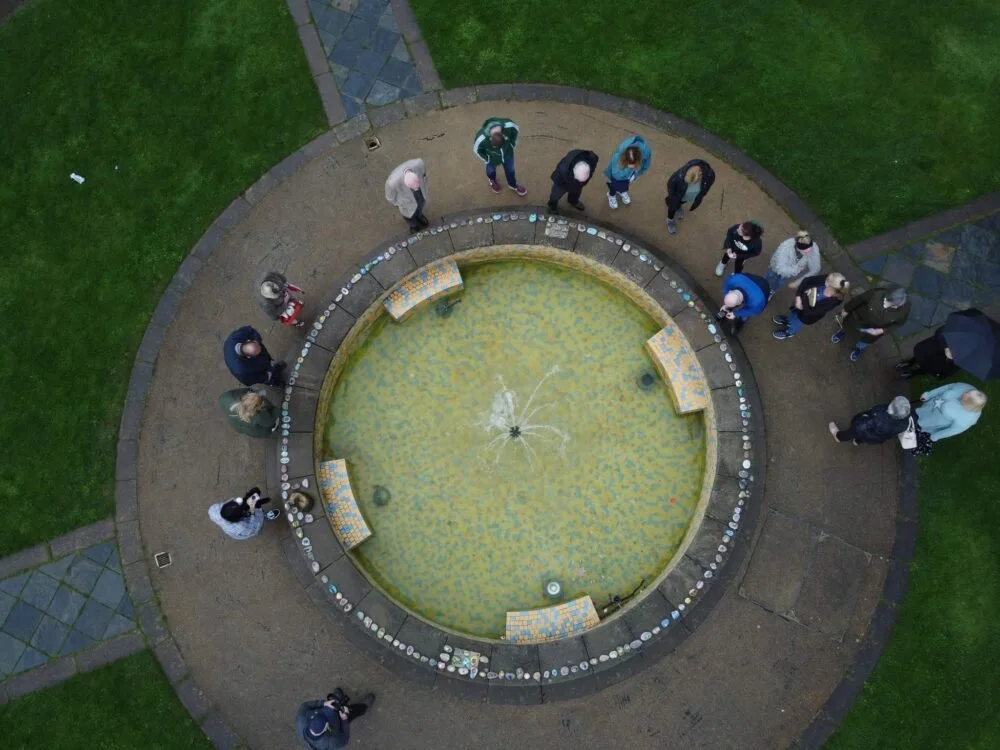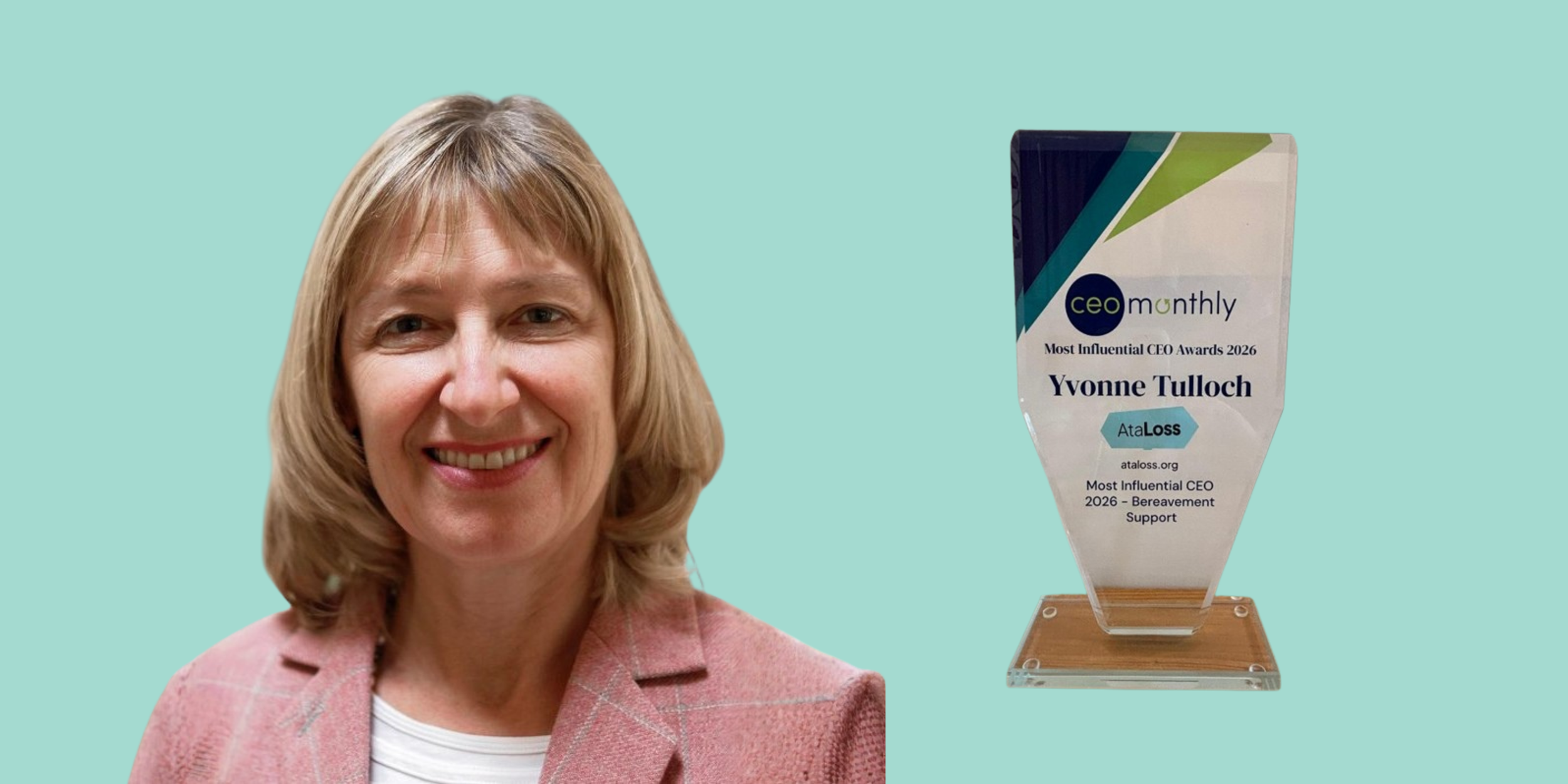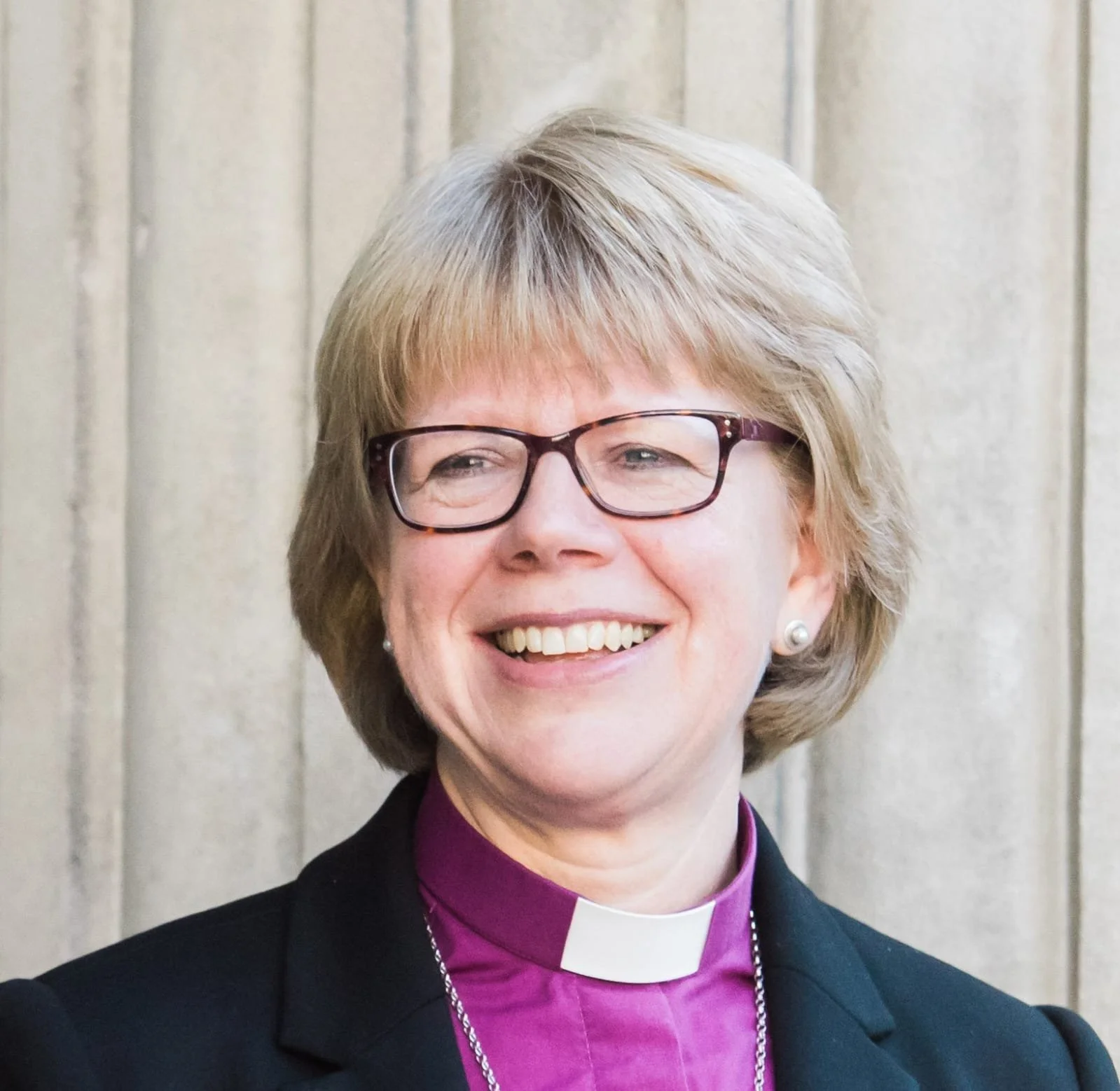
Loss and Hope is the church-focused project of the bereavement charity AtaLoss
Our goal is to equip UK churches and Christians of every denomination to reach out to their communities in bereavement support for social transformation, wellbeing and mission.


We are asking churches to consider how they might become more accessible and welcoming to people who have been bereaved, and invite them to aim towards our 12 marks of a Bereavement Friendly Church.
Bereavement Friendly Church


The Bereavement Journey® support
We are encouraging churches across the UK to offer The Bereavement Journey® programme to their communities, to provide structured, volunteer-led peer group support, enabling adults bereaved recently or long ago to find healing and hope.

The Bereavement Journey® - Changing Lives Across the UK
A new evaluation shows how The Bereavement Journey®, with accompanying signposting by AtaLoss, and delivered by Christians in communities across the UK, is helping thousands of people face life after bereavement – improving wellbeing, reducing loneliness and building resilience.
Find out more about The Bereavement Journey’s impact on participants’ wellbeing here.
Discover how participants with no previous connection to church are choosing to explore their spirituality and finding faith here.
Latest news
Covid opened our eyes to the deep impact of not facilitating or supporting grief. The Covid-19 Day of Reflection, 8 March, offers us a moment to pause and remember.
AtaLoss CEO Yvonne Tulloch Named CEO Monthly’s Most Influential CEO 2026 in recognition of her leadership in Bereavement Support
We were delighted to see AtaLoss’ work, including The Bereavement Journey®, featured last Sunday’s BBC Songs of Praise episode for All Souls’ Day, a time in the church calendar dedicated to remembering those who have died and offering comfort to the bereaved.
AtaLoss, the UK’s national bereavement charity, has expressed joy and gratitude at the appointment of its Patron, the Rt Revd and Rt Hon Dame Sarah Mullally, as the next Archbishop of Canterbury.
An independent evaluation has found compelling evidence that The Bereavement Journey®, a structured, volunteer-led bereavement support programme delivered by churches, is transforming lives and strengthening communities across the UK.
We’re delighted to announce a growing partnership between AtaLoss and the BRF Ministries’ Anna Chaplaincy initiative, as we work together to extend support to bereaved people across the UK.
Join our riders in the London to Brighton cycle ride 14th September - a fun, 55-mile countryside ride (not a race) - to raise funds for your church and AtaLoss.
The EA’s Finding Jesus report supports the experience of churches running The Bereavement Journey® of a ‘Quiet Revival’ across all ages.
The Bereavement Journey® Mission Impact Report shows outstanding results from churches of 22 denominations across the UK. See and download the report here.
Latest news
Covid opened our eyes to the deep impact of not facilitating or supporting grief. The Covid-19 Day of Reflection, 8 March, offers us a moment to pause and remember.
AtaLoss CEO Yvonne Tulloch Named CEO Monthly’s Most Influential CEO 2026 in recognition of her leadership in Bereavement Support
We were delighted to see AtaLoss’ work, including The Bereavement Journey®, featured last Sunday’s BBC Songs of Praise episode for All Souls’ Day, a time in the church calendar dedicated to remembering those who have died and offering comfort to the bereaved.
AtaLoss, the UK’s national bereavement charity, has expressed joy and gratitude at the appointment of its Patron, the Rt Revd and Rt Hon Dame Sarah Mullally, as the next Archbishop of Canterbury.
An independent evaluation has found compelling evidence that The Bereavement Journey®, a structured, volunteer-led bereavement support programme delivered by churches, is transforming lives and strengthening communities across the UK.
We’re delighted to announce a growing partnership between AtaLoss and the BRF Ministries’ Anna Chaplaincy initiative, as we work together to extend support to bereaved people across the UK.
Join our riders in the London to Brighton cycle ride 14th September - a fun, 55-mile countryside ride (not a race) - to raise funds for your church and AtaLoss.
The EA’s Finding Jesus report supports the experience of churches running The Bereavement Journey® of a ‘Quiet Revival’ across all ages.
The Bereavement Journey® Mission Impact Report shows outstanding results from churches of 22 denominations across the UK. See and download the report here.









